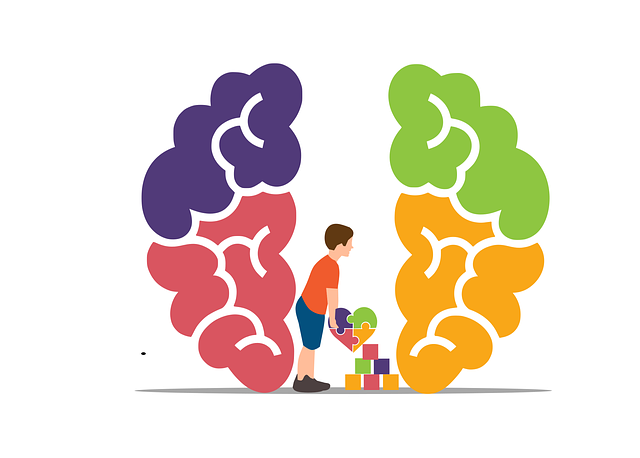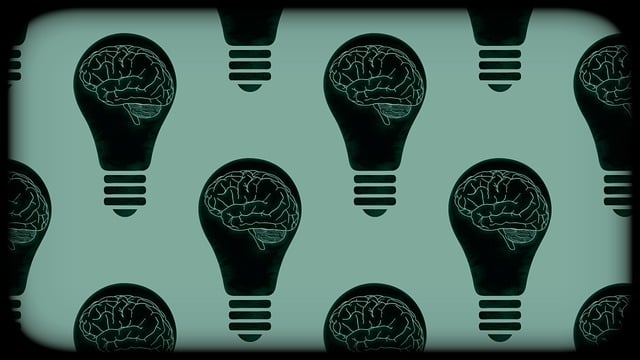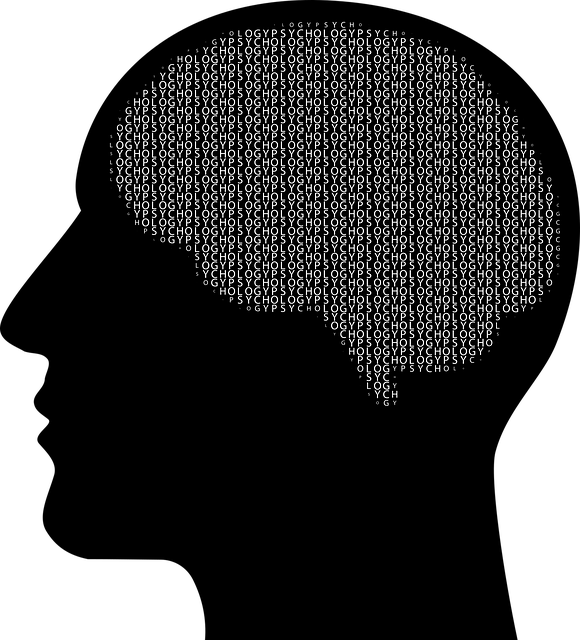Castle Rock Independent Medical Evaluations (CRIME) Therapy offers a comprehensive approach to building mental resilience, especially in challenging contexts. By combining evidence-based practices, individual tailoring, and integrated education programs, CRIME enhances traditional therapy methods. Detailed assessments identify co-morbidities and psychological vulnerabilities, enabling precise interventions. Resilience exercises, tailored to cultural sensitivity, are incorporated into sessions for gradual skill development. Regular feedback and structured assessments measure progress, fostering inclusivity and continuous improvement in mental health outcomes.
In today’s fast-paced world, building resilience is crucial for navigating life’s challenges. One effective framework, RFM (Resourcefulness, Flexibility, and Mastery), guides individuals through a process of self-discovery and empowerment. This article explores the integration of RFM principles with Castle Rock Independent Medical Evaluations (CRIME) therapy to enhance resilience. We’ll delve into the step-by-step implementation of resilience exercises, common challenges, and measurement techniques, providing insights for professionals aiming to support clients’ therapeutic journeys towards greater adaptability and well-being.
- Understanding RFM and Its Role in Resilience Building
- The Impact of Castle Rock Independent Medical Evaluations on Therapy
- Implementing Resilience Exercises: A Step-by-Step Guide
- Common Challenges and How to Overcome Them
- Measuring Success and Continuous Improvement
Understanding RFM and Its Role in Resilience Building

Resilience is a vital asset for navigating life’s challenges and setbacks. Castle Rock Independent Medical Evaluations Therapy (RFM) offers a unique approach to fostering this strength, particularly in the context of mental health. RFM focuses on refining individuals’ coping mechanisms and enhancing their ability to bounce back from adversity. By integrating evidence-based practices, this therapy design goes beyond traditional treatment methods, empowering clients with practical tools for long-term well-being.
The core principle lies in understanding that resilience is not merely the absence of distress but a dynamic process. It involves recognizing individual differences and tailoring interventions accordingly. Mental Health Education Programs Design can play a pivotal role here by equipping individuals with knowledge about stress management, emotional regulation, and healthy coping strategies. Coupled with Conflict Resolution Techniques learned through a Mental Wellness Podcast Series Production, these skills become powerful assets in building resilience, ensuring folks are equipped to face life’s storms with greater fortitude.
The Impact of Castle Rock Independent Medical Evaluations on Therapy

Castle Rock Independent Medical Evaluations (CRIME) play a pivotal role in enhancing therapy effectiveness. These comprehensive assessments provide therapists with valuable insights into clients’ physical and mental health, enabling them to tailor treatment plans precisely. By integrating data from CRIME, therapists can identify co-morbid conditions, understand the impact of chronic pain or injuries on daily life, and assess psychological resilience. This level of detail allows for more targeted interventions, enhancing the overall success of therapy.
Moreover, CRIME facilitates a collaborative approach between healthcare professionals and clients. The process encourages open communication about symptoms, limitations, and treatment expectations. Incorporating these evaluations into therapeutic routines empowers individuals to take an active role in their healing journey. It also enables therapists to offer guidance on complementary practices like Stress Management Workshops Organization’s Stress Management techniques and Mindfulness Meditation, further bolstering resilience and overall well-being.
Implementing Resilience Exercises: A Step-by-Step Guide

Implementing Resilience Exercises: A Step-by-Step Guide
The integration of resilience-building exercises into therapy practices, such as those provided by Castle Rock Independent Medical Evaluations, can significantly enhance mental wellness and mood management. It involves a structured approach that starts with identifying specific areas where individuals may be vulnerable or lacking in coping mechanisms. Therapists should collaborate closely with clients to tailor these exercises, ensuring they align with cultural sensitivity in mental healthcare practice and resonate personally with each individual. This collaboration fosters trust and engagement, making the process more effective.
Once tailored, resilience exercises can be seamlessly incorporated into therapy sessions. Begin by creating a safe and supportive environment where participants feel comfortable expressing their thoughts and emotions openly. Introduce these activities gradually, allowing ample time for reflection and discussion after each session. Regular practice, alongside ongoing support from therapists, helps individuals develop healthier ways of managing stress and adversity. Over time, this builds resilience, empowering them to navigate life’s challenges with enhanced mental fortitude.
Common Challenges and How to Overcome Them

Implementing resilience-focused programs like Castle Rock Independent Medical Evaluations Therapy can be a game-changer for individuals and communities, but it’s not without its challenges. One common hurdle is engaging and maintaining participation, especially in diverse populations. To overcome this, tailor activities to suit various interests and abilities, ensuring accessibility and inclusivity. For instance, offering both individual therapy sessions and group support meetings can cater to different preferences, fostering a sense of community.
Another challenge lies in measuring the effectiveness of resilience-building exercises, as emotions and mental states are intricate. Utilizing structured assessments and regular feedback mechanisms allows for tracking progress objectively. Incorporating mood management techniques into the program can help participants reflect on their emotional well-being, providing valuable insights for therapists to refine interventions. Through these strategies, communities can effectively navigate the process, leading to enhanced resilience and improved mental health outcomes.
Measuring Success and Continuous Improvement

Measuring success is a vital aspect of implementing Castle Rock Independent Medical Evaluations (CRIME) therapy and resilience-building exercises. The journey towards mental well-being is often filled with ups and downs, making continuous evaluation essential. By using tailored metrics and feedback mechanisms, practitioners can assess the effectiveness of these interventions. This involves tracking individual progress, such as reduced anxiety levels, improved coping strategies, or enhanced overall life satisfaction, over a defined period.
Regular reviews also facilitate cultural sensitivity in mental healthcare practice, ensuring that diverse populations benefit equally. The data collected can highlight areas where certain groups might require specialized guidance, be it crisis intervention or tailored positive thinking exercises. This continuous improvement approach allows for refining the therapy model, making it more responsive to the unique needs of each individual and fostering a supportive environment.
The implementation of RFM and resilience building exercises offers a transformative approach to therapy, as evidenced by the positive impact of Castle Rock Independent Medical Evaluations. By following a structured guide, professionals can help individuals navigate challenges and foster resilience. Overcoming common obstacles through tailored strategies ensures optimal success rates. Continuous improvement, measured through comprehensive evaluation, allows for refining these exercises, ultimately enhancing therapeutic outcomes and empowering individuals to lead more fulfilling lives.














